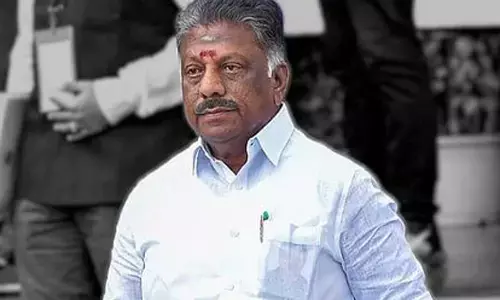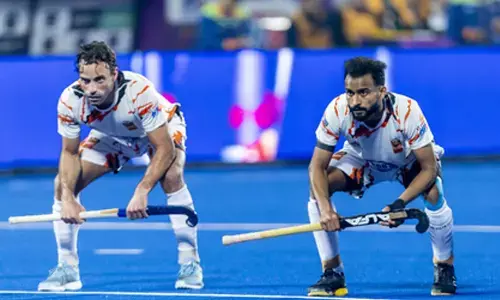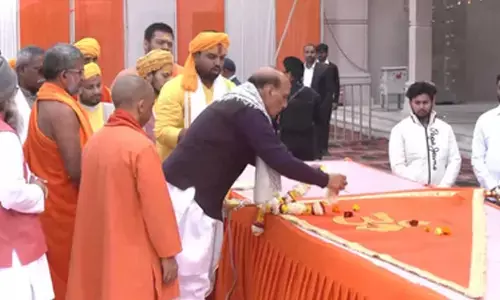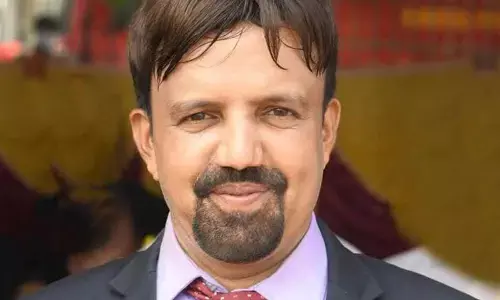Cagey about mediah

That politicians of all hues and governments, everywhere, resent media ‘intrusions’ is a given. Aam Aadmi Party (AAP) that has just won a staggering electoral victory in Delhi is no exception.
That politicians of all hues and governments, everywhere, resent media ‘intrusions’ is a given. Aam Aadmi Party (AAP) that has just won a staggering electoral victory in Delhi is no exception. It barred media from entering the Delhi Secretariat on the first day its government took office.
Save the first day’s protest writing, front paged in some Delhi newspapers, the media has, willy-nilly, moved on with fast-moving developments elsewhere. The fraternity tends to be both self-righteous and masochistic when it comes to its own woes.
That the AAP government resorted to this measure is surprising for several reasons. For one, it has half-a-dozen journalists-turned politicians in its vanguard. They joined the anti-graft movement under Anna Hazare whose leading light, Arvind Kejriwal, is now Delhi’s Chief Minister. Each of these activists, now ministers or will soon occupy the treasury benches when the Assembly opens, stuck to their cause and Kejriwal in the grim months immediately after they lost in the Lok Sabha polls. Some of them were media celebrities before they formed/joined AAP. So their cooling off towards their own fraternity seems inexplicable. Another reason is that media was by and large fair to AAP.
Allegations had flown around about pressures mounted from this quarter or that, for and against the AAP. But media, while being under the broad impression that Bharatiya Janata Party (BJP) was the front-runner, saw through the changed trend against BJP and for AAP. This was clear from the unanimous predictions made in the pre-polls surveys. They proved right – indeed, they fell short of what the final outcome turned out to be. So, media can hardly be the untrustworthy culprit that should be kept out.
Even during the polls campaign, when money-laundering charges were hurled at AAP, with documentary evidence et al, sections of the media, including a major financial paper that wholeheartedly supports Narendra Modi’s reforms and development agenda, wrote in favour of the AAP. It was pointed out that AAP receives its donations mainly by cheque, and, in any case, posts it on its official website. This is something no other party does. The Union Home Ministry’s clean chit, clearing AAP of the money laundering charge, and that there was anything illegal about these donations has proved AAP, and this stance of the media, right. Then, why is this action to keep the media out of the Secretariat?
New Delhi has had a history of being cagey towards the media. In the Union Government, clamp-down on the media came after the Larkins Spy Scandal of 1985, when sensitive documents were leaked out to foreign missions. None less than late P C Alexander, then Principal Secretary to the Prime Minister, had to resign. The security measures taken since then have progressively hurt the media’s movement in the corridors of power.
Yet, besides regulating this movement, there is no blanket ban because in a democracy, it does not pay to shoot the messenger.














